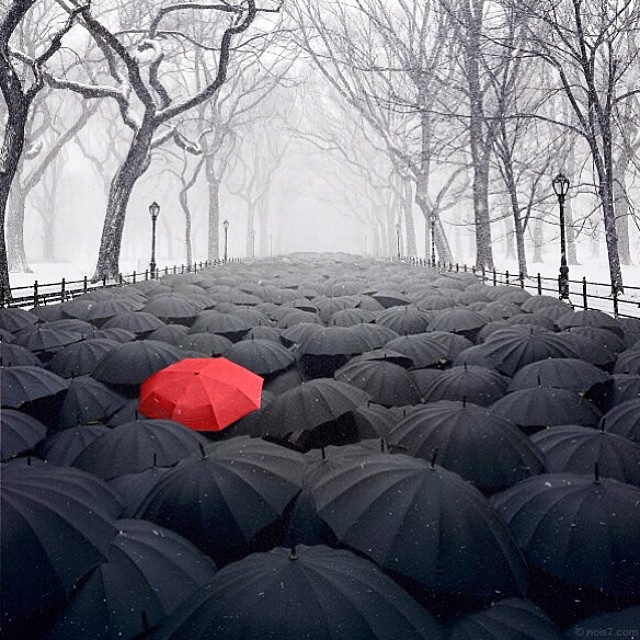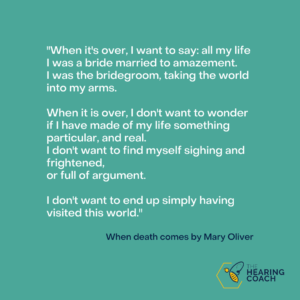Earlier this month I went on my annual retreat. I had been looking forward to it for over a year, working all through Christmas to clear work so I could have this precious time of peace (well, you know, what passes for peace for those of us with tinnitus!), prayer and solitude.
I go to the same place every year – St Beuno’s in Wales. I love the familiarity of being in the same surroundings and meeting the same staff. It makes it easy to settle in and get the most out of the week.
But it does have one real downside. Every time I go, I become acutely aware of how much more disabled I have become. Not by tinnitus – you know already if you’re a regular reader that I am pretty bullish about that. But in other ways…
Over the years my ability to wander round the grounds has shrunk significantly. I’m using two crutches now in order to walk and there was very little of the beautiful gardens I was able to explore safely. In fact, I was confined to one small patch with a bench (more of this bench in a future blog!).
It brought back strong memories of when the Covid-19 pandemic hit in spring 2020. Here in the UK we were placed into lockdown and as part of this we were allowed to walk outside just once a day, and only a short distance from our homes. We saw “outside” as either very boring or very familiar, depending on our perspective of the short walk around our block.
Well, my time outside in this small space of garden felt very boring. The spot I could access wasn’t even the nice bit of the grounds. Instead of being able to wander round the formal gardens or the labyrinth I was restricted to a much wilder space where a new arboretum is being created. And as you might have gathered by now I was pretty grumpy about it.
On retreat we are encouraged to spend time outside every day. We can use that time to walk, meditate, pray or simply breathe in some fresh air. But I struggled to see the point. I mean, what was I going to see apart from the same tangles of brambles, the same autumn leaves turning to mush in the Welsh rain, and the same sheep in the field below?
But I’ve always been a good girl so, chuntering all the while, I continued to struggle into my waterproof and out to the same piece of undergrowth, promising myself I could go back inside once 15 minutes was up.
Each time I walked to and from the bench I kept my gaze firmly fixed on the floor in front of me. I tried to tell myself that focusing where I placed my feet was part of mindful walking. But in reality, I was petrified of falling over and fracturing something. So I barely lifted my head until I was safely at the bench.
And it taught me a valuable lesson…
Even in North Wales in early January change was happening. Every time I walked those few steps I noticed something different. One day it was the snowdrop leaves which seemed to have grown a little taller since the day before. Another time it was the pattern of light and shadow the clouds made on the black/brown mud as they scudded overhead. Once I even saw the flit of a field mouse as it dashed to hide from the galumphing steps of this four-legged giant!
And soon, instead of resenting being restricted to such a small area of the grounds I started to look forward to my shuffles outdoors. I set off with anticipation – what would I notice that day that I hadn’t see before? What might have changed? This also reminded me of my lockdown walks in March 2020. In those strangest of times I got to see spring blossoming in the neighbourhood gardens inch by inch. I noticed the incremental growth of the holly flowers and the gradual unfurling of the daffodils and tulips.
And it brought to mind these lovely lines from When Death Comes by Mary Oliver:
(if you like this you’ll probably love another of Mary’s poems here .)
When we have a long-term condition our lives can feel small, restricted and pretty boring. Living as we do with tinnitus, we might see posts on social media from our friends who seem to live life in full colour. Their timeline is packed with nights out at noisy bars and restaurants, flights to exciting places or trips to music festivals. We look around at our own lives and they feel black and white in comparison. We see our friends as living the good life, and our lives as being pale and uninteresting in comparison.
But, as I found on my retreat, the good life doesn’t have to be full of shimmering fireworks. We can find sparkles of interest in what seem to be the most everyday of experiences. But finding them requires us to resist the urge to dismiss so much of our everyday experience as being just that – everyday. In fact, it’s the very “everyday-ness” of those experiences that calls us to dig deeper, to find the nuggets of gold hidden deep inside them.
What everyday experience could you pay attention to this week? What could you scrape the dirt from to find the nugget underneath?


